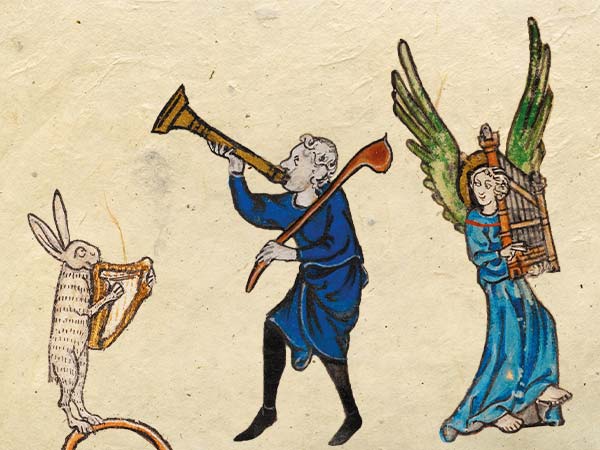Subtotal: $
Checkout-

The Tapestry of Sound
-

Let Brotherly Love Remain
-

Take Up Your Cross Daily
-

The Bones of Memory
-

Poem: “Sunrise and Swag”
-

Poem: “Poland, 1985”
-

Church Bells of England
-

Editors’ Picks: Walk with Me
-

Editors’ Picks: Shakeshafte
-

Editors’ Picks: The Least of Us
-

Letters from Readers
-

Celtic Christianity on Iona
-

The Catherine Project
-

Mercedes Sosa
-

Covering the Cover: Why We Make Music
-

Music and Morals
-

The Death and Life of Christian Hardcore
-

Vallenato Comes Home
-

Does Political Music Change Anything?
-

Adventures in Americanaland
-

Music, Memory, and Alzheimer’s
-

Why We Make Music
-

Doing Bach Badly
-

Dolly Parton Is Magnificent
-

Go Tell It on the Mountain
-

Reading the Comments
-

In the Aztec Flower Paradise
-

The Strange Love of a Strange God
-

Is Congregational Singing Dead?
-

In Search of Eternity
-

Violas in Sing Sing
-

Hosting a Hootenanny
-

How to Lullaby
-

How to Raise Musical Children
-

How to Make Music Accessible
-

Chanting Psalms in the Dark
-

The Fiery Spirit of Song

Next Article:
Explore Other Articles:
Gregory of Nyssa (ca. 335–ca. 395)
If the entire world order is a kind of musical harmony whose artisan and creator is God as the Apostle says (Heb. 11:10), then man is a microcosm, an imitator of him who made the world. The divine plan for the world at large sees this image in what is small, for the part is indeed the same as the whole. Similarly, a piece of small, transparent stone reflects like a mirror the entire sun in the same way a small object reflects God’s light. Thus I say that in the microcosm, man’s nature, all the music of the universe is analogously seen in the whole through the particular inasmuch as the whole is contained by the particular. The structure of our body’s organs follows this example, for nature has skillfully constructed it to produce music. Observe the tube-like structure of the windpipe and the harp of the palate where the tongue and mouth resemble a lyre with chord and plectrum.
Since everything natural is compatible with nature, music too is in accord with our human nature. For this reason the great David combined his singing with his teaching on the virtues and sprinkled his lofty teachings with honey’s sweetness by which he carefully examines himself and cures our human nature. This cure is a harmonious life which to me the singing suggests through symbols.
Gregory of Nyssa, Commentary on the Inscriptions of the Psalms, trans. Casimir McCambley (Hellenic College Press, 2004), 2.

Artwork from The Maastricht Hours, an early fourteenth-century Christian devotional (Public domain)
Augustine of Hippo (354–430)
Singers in the harvest, or the vineyard, or at some other arduous toil express their rapture to begin with in songs set to words; then as if bursting with a joy so full that they cannot give vent to it in set syllables, they drop actual words and break into the free melody of jubilation. The jubilus is a melody which conveys that the heart is in travail over something it cannot bring forth in words.
And to whom does that jubilation rightly ascend, if not to God the ineffable? Truly is he ineffable whom you cannot tell forth in speech, yet we ought not to remain silent, what else can you do but jubilate? In this way the heart rejoices without words and the boundless expanse of rapture is not circumscribed by syllables.
Augustine, St. Augustine on the Psalms, trans. Scholastica Hebgin and Felicitas Corrigan, vol. 2 (Newman Press, 1960), 111–12.
Already a subscriber? Sign in
Try 3 months of unlimited access. Start your FREE TRIAL today. Cancel anytime.














































